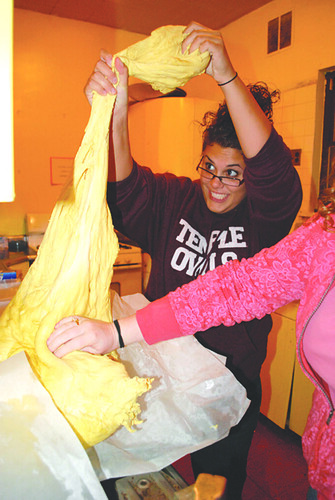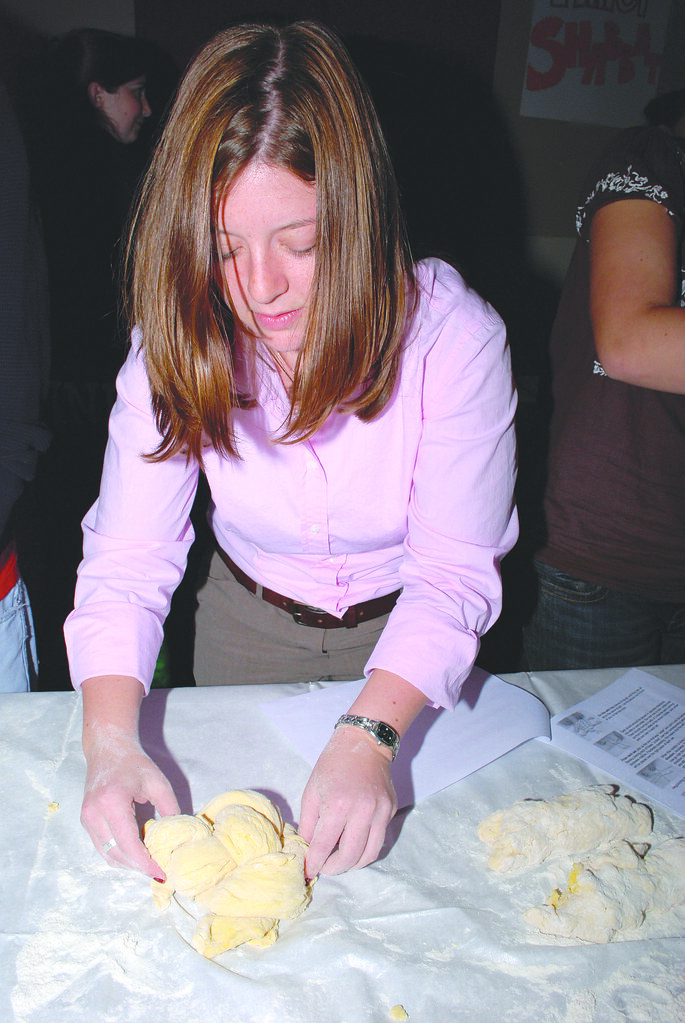For Jewish students, figuring out how to juggle schoolwork along with religious commitments is a must during Rosh Hashanah and Yom Kippur, two of the most important holidays.
Having one of the most diverse student bodies among colleges in the United States, Temple has a large Jewish population.
According to the Jewish organization Hillel, there are currently between 1,000 and 1,500 undergraduates and 2,000 graduate students who identify themselves as Jewish.

Although Temple does not recognize Jewish holidays on its academic calendar, all students observing religious holidays have the option to reschedule classes or course assignments as long as they make arrangements with their instructors within two weeks of the beginning of the semester.
Even with Temple’s current policy for religious holidays, many Jewish students struggle to complete schoolwork during the most important times of the Jewish year.
Jordan Schindler, a junior film and media arts major, often finds himself choosing between doing homework and celebrating the high holidays.
“Instead of spending [time] praying with my family, I’m taking a marketing exam, which I probably won’t be prepared for anyway,” Schindler said.
Eric Keller, an undeclared sophomore, said it can be hard to keep up with schoolwork during the high holidays.
He said it is unfair that assignments and exams are allowed to be given on Jewish holidays.
“We have a month-long winter break conveniently over Christmas and Kwanzaa, but for the holiest days of the Jewish year, we are overlooked,” Keller said.
“It would be wonderful if classes were canceled so students could fully observe their holidays,” said Phil Nordlinger, director of Hillel. “We understand we live in a secular world and it’s not always possible.”
Many local colleges also have religious holiday policies similar to Temple’s. Drexel University asks its instructors to provide a syllabus, so students can identify any classes or class work they will miss in the future due to a religious holiday. Villanova University requests that its students notify professors of absences due to religious holidays within two weeks of the missed class.

The University of Pennsylvania’s policy goes one step further. It cites the most important Jewish holidays and dictates that no exams should be given on those days. If an exam is given the first day after a holiday, it cannot cover information that the student would have missed while observing the holiday. The university also asks its instructors to be mindful that Jewish holidays begin at sundown and exams should therefore be given at a different time.
Schindler and Keller said Temple’s policy for religious holidays needs to be amended.
“I’m jealous that Penn students don’t have to worry about exams on the high holidays,” Keller said. “It makes me feel inferior, like I am not being treated equally.”
“It’s definitely disappointing,” Schindler said.“I think it would make students a lot happier.”
Nordlinger said a changed policy could also help bring more students to Temple.
“It would help the university attract a broader spectrum of Jewish students to campus,” Nordlinger added. Nordlinger also said that Penn’s ideas would be “wonderful practices that Temple could adopt,” and Hillel would be willing to work with the university on creating new policies.
Currently, Temple has taken more steps toward engaging its Jewish population than in the past. It offered kosher food this year at Welcome Week.
Jewish students and Hillel are noticing the efforts that Temple has made.
“We recognize the university has done a great job working with the Jewish community,” Nordlinger said.
Schindler and Keller want Temple to understand the dilemma they and other Jewish students face when balancing homework, while observing the holidays properly.
“Let us celebrate without having to worry about what we are missing,” Schindler said. “It’s hard to enjoy [the holidays] when you have a test the next day.”
Lauren Herman can be reached at lmherman@temple.edu.



Be the first to comment